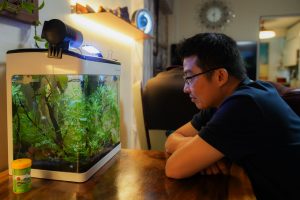In Singapore, most young people live with their families or flatmates. For those who live alone, most have probably never gone for extended periods of time without seeing anyone.
While the lockdown poses challenges for everyone, we can’t deny that living with people makes it a lot easier right now (assuming, of course, that you’re on good terms with who you live with). I like to think of myself as one of the lucky ones because I might miss my friends, but I have my family to eat with, watch movies with, workout with, and a dog to walk which gets me out of the house.
What happens when you don’t have that?
“I feel like I’m trapped. Like I’m in jail,” says Kelvin Kuan, a Malaysian citizen who has been working in Singapore for over 5 years. “There’s only so much I can cook and bake for myself.” Daniel Olagunju, a 30-year-old UK expat, said that he relies on calls from friends and family, including happy hours on apps like Houseparty, to stay entertained.
Kelvin describes to me what sounds like cabin fever. And throw into the mix a little bit of loneliness too, which has been shown to have similar effects on your body as cigarette smoking—and that’s during ‘regular’ times, when society functions as per normal.
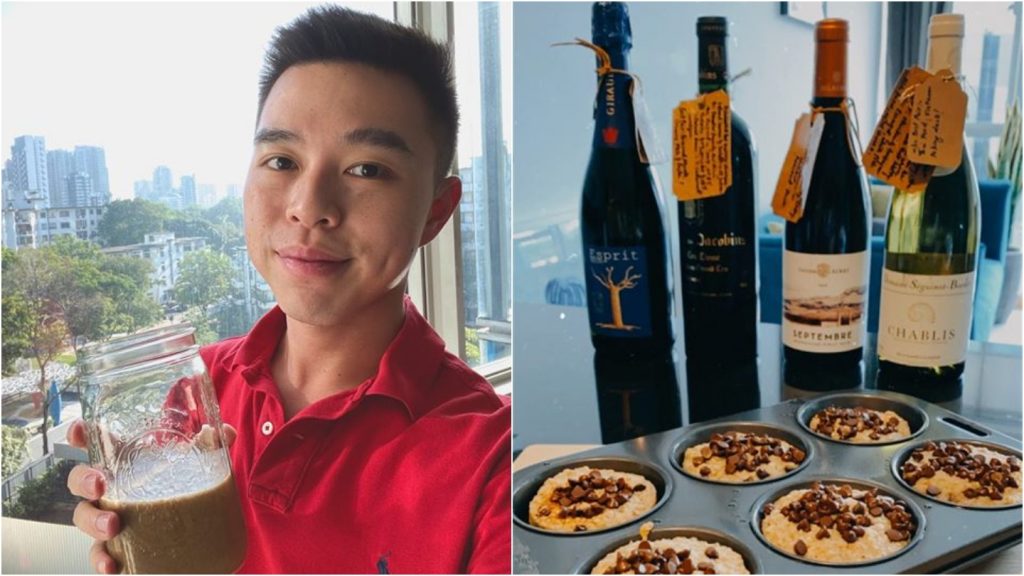
Address Your Mental Health
Particularly on weekends, Kelvin’s cabin fever grows strong. He wakes up, works out, and cooks himself something for breakfast.
“But by the time I have done that, it’s only 11 am,” he tells me. What is there to do for the rest of the day? He admits, “Eventually, I do some panic shopping. I buy new plants and other things just to feel better.”
Whether shopping is the best way to deal with our uncomfortable emotions remains debatable, but one thing’s for sure: lockdown or not, we need to address our mental health.
Hanli Hoefer, a 27-year-old actress and host, has also been experiencing a rollercoaster of emotions in the past few weeks. She has been living alone since she was 21, and loving it. But now she’s experiencing a different side to it.
When I called Hanli, she said, “Today, I am good. But it’s been one of the longest weeks of my life so far.”
Dinner time is one of the hardest for her. When she sees people posting photos of themselves eating with their family or flatmates, she feels extremely lonely.
“Eating on this huge round table alone is a really sad scene actually. And I don’t really know anyone else that lives alone, so I don’t mind butting in and calling my friends.”
“I just call them and make them eat with me.”

Vanessa Ainsley, a 31-year-old mindset coach, tells me that the extra time on her hands has allowed her to look introspectively in new ways, and breathwork helped her do that.
Normally, she is the kind of person that signs up for a lot of challenges and courses—but rarely has the time to follow through. Now, she has managed to commit to an 8-day breathwork workshop until the very end.
“I’m not sure if you’re familiar with breathwork but it can bring up your old traumas and suppressed emotions,” Vanessa explained to me. “So for me to have the time to process those emotions and go through the whole thing was really nice.”
In general, Vanessa said that this extra time has allowed her to live a healthier lifestyle. This is partly due to the fact that she is working on feeling better on the inside, which allows her to be more motivated to do more for herself in other daily activities as well.
“I regularly work out and I cook all of my meals now,” she said. “I haven’t ordered any takeout and I have signed up to get organic produce boxes delivered to me every week, so I’m finding it fun to make new healthy dishes all the time.”
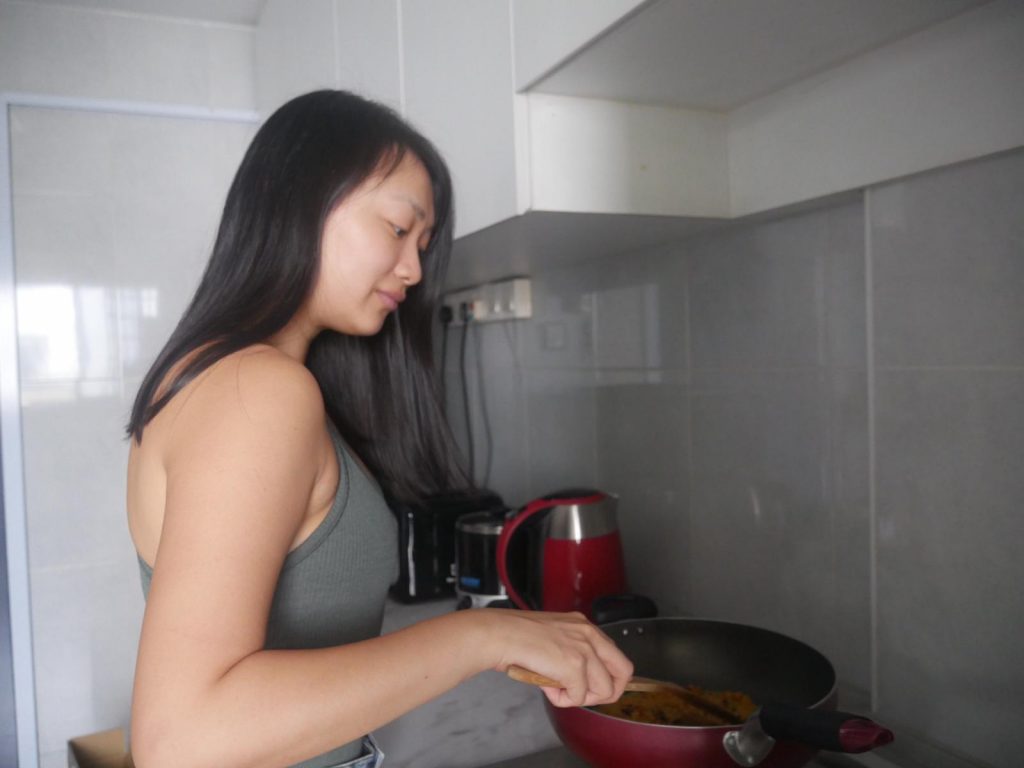
The lockdown may have given us the time and tools to experiment with self-help, but we should bring this knowledge forward. Everyone works differently, but ensuring we leave enough ‘alone’ time here and there can drastically change our mood for the better.
Limit Your News Consumption
While dinner is the time Hanli feels the loneliest, anxiety creeps in from time to time as well, “especially when I get sucked into the news,” she said.
The news has always been somewhat dark. Climate disasters, shootings, terrorist attacks, or other dramatic events of some other variety are constantly happening elsewhere in the world.
Under normal circumstances, we might have work, friends, and family to distract us from all this. But now that we are locked up at home all day, there seems to be no escape from the news.
Especially during this time, we all face the pressure of staying up to date with the latest health and safety updates—especially the daily virus count. But while being in the loop is considered responsible, we also need to know when to draw a line. The news can take a toll on our physical health in various ways, by startling our limbic system (the part of our brain that deals with emotions), and by releasing cortisol (one of the stress hormones), among others.
So maybe, we should limit our consumption … always?
“If I go too deep, that’s when I start to get anxious, and that’s when the severity of the situation dawns on me. So I call a friend, and I tell them that i’ve been feeling really down because of something I read.”
When she gets lonely at dinner time, Hanli finds that reaching out to people is a great way of releasing some of the emotions of helplessness or anxiety that come from reading the news. Implicit in this is recognising that there’s nothing wrong with reaching out. You should not be ashamed that you might be feeling needier than usual.
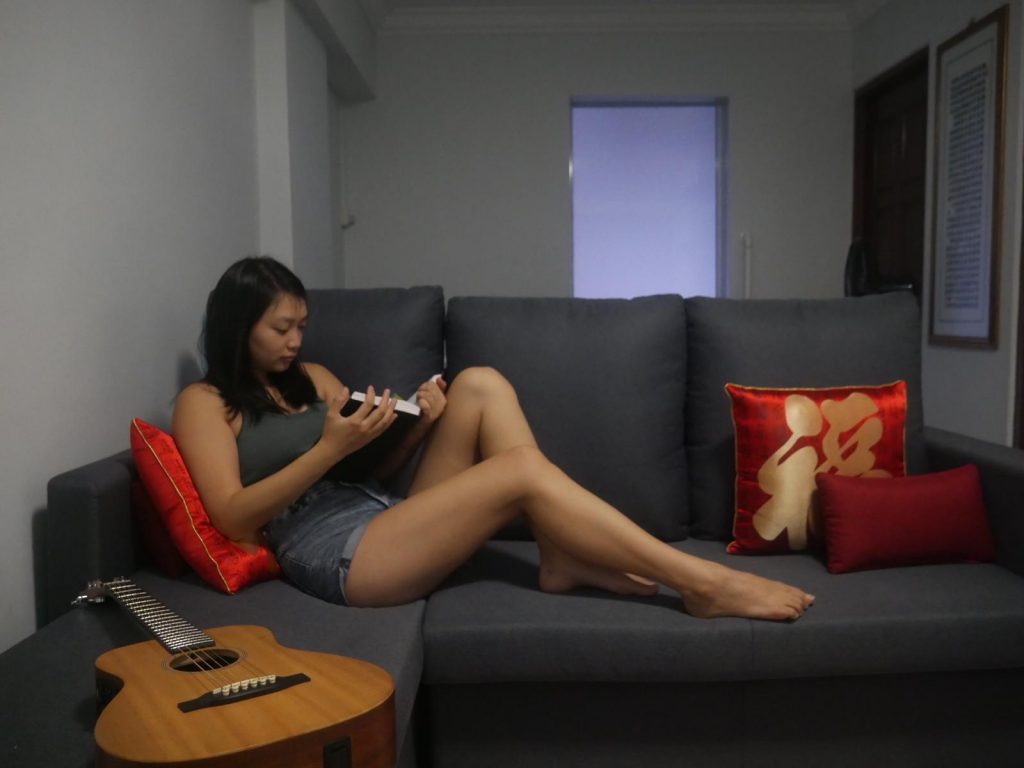
“It’s not easy,” he says, but it’s worth it.”
That said, we shouldn’t give up reading altogether. Dobelli stresses that “society needs journalism—but in a different way”. Instead, he focuses on reading investigative journalism pieces, long journal articles, and in-depth books.
Staying up to date with the times is still important, but the format we consume that in is what makes a difference.
Explore Our Relationship With Intimacy
Kelvin confessed that during these times, “not being able to have sex is one of the most difficult things.” But the silver lining is that “people are more likely to be down for phone sex nowadays.”
“I do phone sex with or without the circuit breaker anyways. The only difference is that people who don’t normally do it have considered it now. It’s changed the landscape a bit.”
As a single man, Daniel expressed similar feelings.
“It’s quite funny, on dating apps there’s an option now to virtually date. You can go on an immediate video call,” he said.
“I have nothing to lose, I mean I’m in the comfort of my own home.”
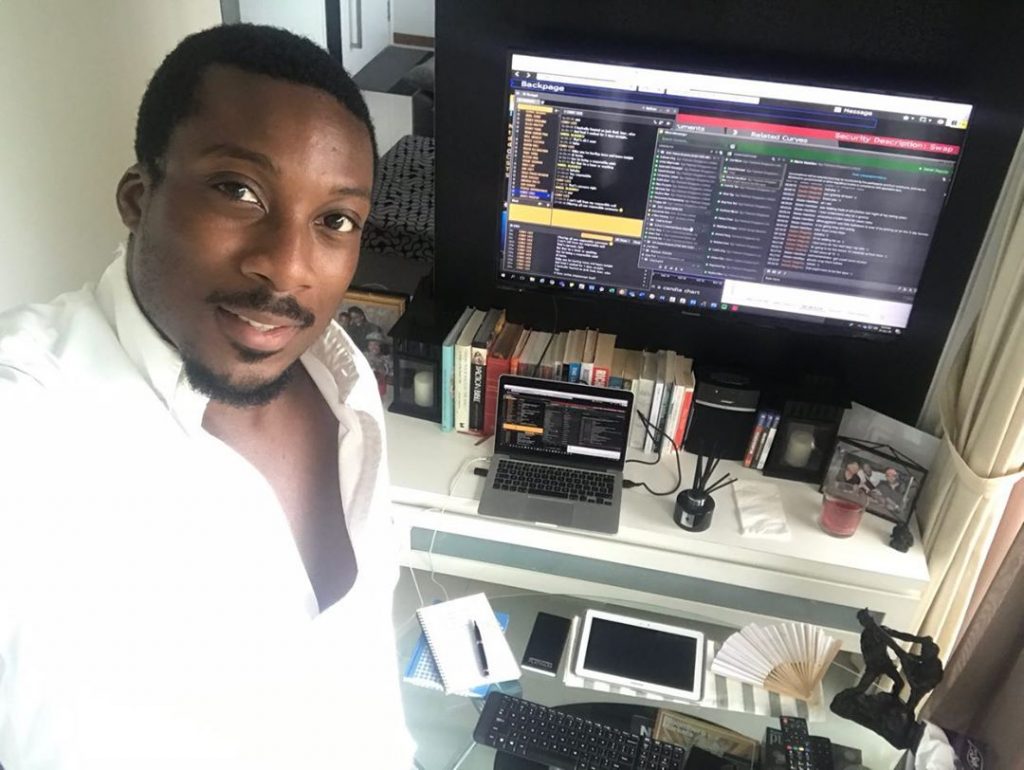
“Having the video time allowed me to focus on our conversation,” Daniel said. “Kind of like a mix between Love is Blind and Too Hot to Handle—removing the physical gives you a chance to understand each other on a different level.”
Maybe, with this added feature on dating apps, the status quo for online dating will change as well. We will start by virtually ‘going out’ for our first dates, and if all goes well, the second one will be in person.
Another area of intimate exploration is sex toys.
In a recent article I wrote, I interviewed Janice, a Singaporean woman who went from being in corporate HR to selling sex toys. She told me that “since this virus outbreak, I have been so busy.”
She has acquired a bunch of new clients who want to use the spare time to explore using sex toys alone or with partners.
“We need to get to know our own bodies before letting another person in,” Janice told me. “And with partners, it’s important to spice things up and try new things every once in a while.”
These points are both extremely important and relevant not just now, but in general as well. Whether it’s trying out a virtual date, or incorporating different tools in the bedroom, we should constantly explore our boundaries.
These elements contribute to living a fulfilled and happy life.



